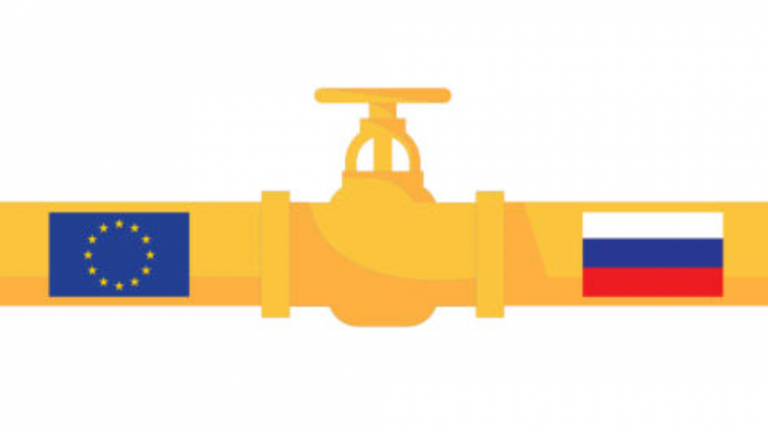Traders said gas in a vast Permian region known as Waha was trading for between 20 cents and 70 cents per million British thermal units on Monday. That compares with the benchmark US futures contract which is trading around $5 and the European price near $28. If prices in West Texas go negative, energy producers will effectively pay someone to buy gas — something that hasn’t happened in two years.
The price drop illustrates the stark contrast between America’s ample fuel supplies and Europe’s growing energy crisis as winter approaches. Tight gas markets in Europe and Asia threaten to hit diesel, coal and electric engines as governments and service companies scramble for energy, according to Bloomberg Intelligence.

The drop in prices in Texas stemmed from scheduled maintenance for Kinder Morgan Inc (NYSE: KMI) natural gas pipeline systems. Gulf Coast Express and El Paso. Insufficient pipeline capacity has indeed been a long-term problem that has plagued gas producers in the Permian Basin for many years. The bottlenecks get worse as pipeline operators have to perform repairs and preventive maintenance forcing temporary pressure relief or halting transportation. Campbell Faulkner, head of data analysis at OTC Global Holdings LP, said the Permian pipeline restrictions “have never been eased”, making the region more vulnerable to sudden shocks and price swings.
Regarding this situation, Bloomberg observes that: An interruption in early October in the formation of the polar vortex – making it last longer – is shifting the flow of colder air towards the upper northern hemisphere, including the US, Canada, Europe and China, as Severe Weather Europe shows. That could raise the specter of energy shortages as heating demand spikes, increasing demand for natural gas, coal and petroleum products. Bloomberg data shows that Waha gas has gone negative eight times in 2020 and more than two dozen times in 2019.




